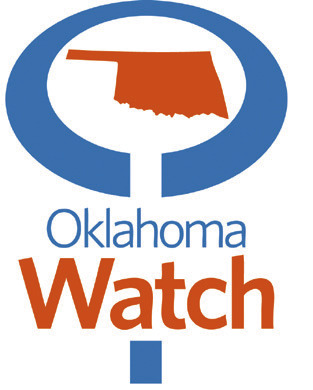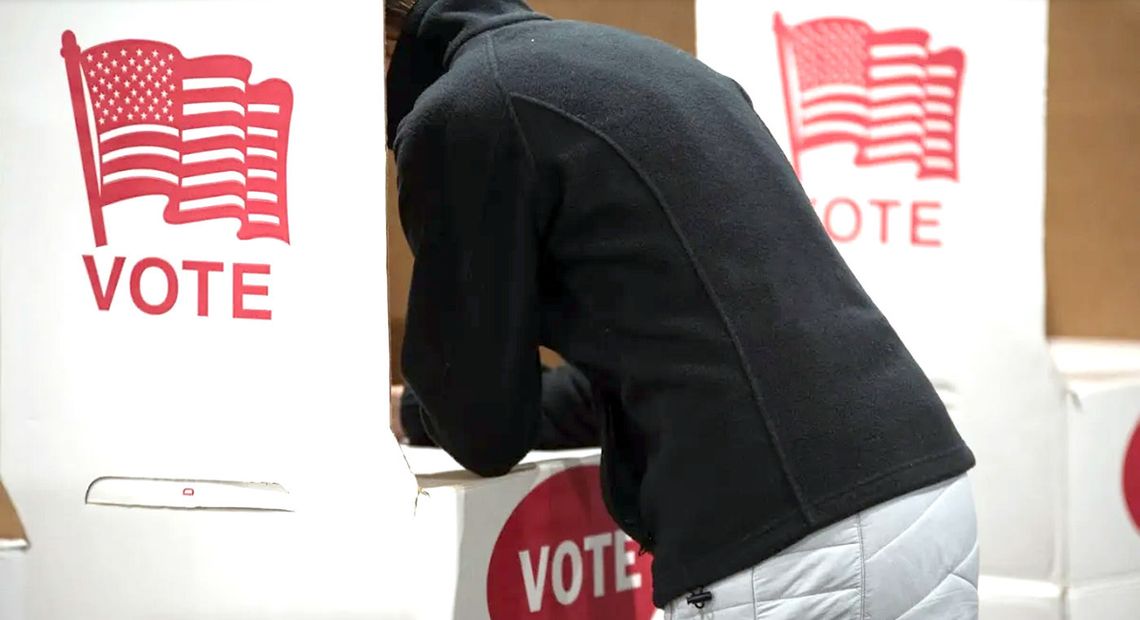The Oklahoma Legislature wants voters to change one word in the state constitution to explicitly forbid noncitizens from participating in state and local elections.
State Question 834, a legislatively referred constitutional amendment that appears on the Nov. 5 general election ballot, proposes changing the phrase “all” U.S. citizens may vote in Oklahoma elections to “only” U.S. citizens may vote.
Backers of the amendment, which passed on a party-line vote in the Republican-controlled House and Senate in May, say it’s necessary to protect Oklahoma against court rulings or other official actions that could open the door for noncitizens to vote in nonfederal elections. Opponents contend that the state constitution and law is clear on the issue and the amendment is politically motivated. A handful of municipalities, including New York City, San Francisco and Washington, D.C., allow non-citizen residents with legal status to vote in local races, such as mayoral and city council elections. No states allow noncitizens to vote in state elections and no municipality in Oklahoma has sought to allow noncitizen participation in their elections.
Here’s a guide to State Question 834 and how it would affect Oklahoma elections:
Who supports State Question 834, and why?
Several Republican legislators are backing the amendment, arguing that Oklahoma’s constitution must be ironclad against noncitizen voting.
At an October 9 press conference of lawmakers and advocates who support SQ 834, Rep. John Echols, R-Oklahoma City, posed the hypothetical that the Norman City Council could make a push to accommodate noncitizens in municipal elections.

“I think what we’re going to find out in this is that the vast majority of citizens of Oklahoma want this protection inside their constitution,” Echols said. “When you look at what’s going on nationwide, to act like that trend wouldn’t make its way to Oklahoma in my mind defies logic.”
The primary group backing State Question 834 is Americans for Citizen Voting, which advocates for similar state-level laws nationwide. The organization touts that it has helped put the non-citizen voting question on the November ballot in eight states.
Who opposes State Question 834, and why?
Several Democratic members of the Legislature debated against Senate Question 834 in May, arguing that noncitizen voting is not an issue and the resolution is a ploy to prop up Republicans.
“The click-bait, moneymaking narrative still has bills to pay,” said Sen. Mary Boren, D-Norman. “This bill is paying for some political operative out there that stirs people up and sends out mailers and says vote for so and so because they’re making sure we only let citizens vote.”
Is noncitizen voting widespread in Oklahoma?
No. Oklahoma’s voter registration form asks applicants if they are a U.S. citizen and advises that falsifying the form is a felony offense punishable by up to five years in prison. Successful completion of the application is necessary for anyone wishing to participate in federal, state or local elections.
In 2023, Oklahoma lawmakers passed Senate Bill 377, which adds being excused from jury duty for not being a U.S. citizen to the list of reasons a person’s voter registration may be canceled. The law also requires county election officials to report the person to the local district attorney and U.S. attorney for possible prosecution.
Six people have been removed from the rolls for this reason since the law took effect last November, though none of them had a voting history, State Election Board Secretary Paul Ziriax told NonDoc in a written statement.
Is anyone spending money to advocate for or against SQ 834?
As of Oct. 14, no organization has spent money to advocate for or against State Question 834, according to Oklahoma Ethics Commission records. The commission’s pre-general election report deadline is Oct. 28.
Have similar ballot questions appeared in other states? How did those elections fare?
Yes. Voters in seven states approved non-citizen voting ballot amendments from 2018 to 2023.
In each election, the amendment passed by a margin of 20 points or greater.
“Oklahoma Watch, at oklahomawatch. org, is a nonprofit, nonpartisan news organization that covers public-policy issues facing the state.”



